“You are a doctor, are you just going to lie on the sofa all your life?”, the father exclaimed helplessly.
From pride to burden
The day Su Shenwu received her acceptance letter to the doctoral program in biomedical engineering, the entire residential area in Jiangxi City (China) was in a "festive mood". People called Shenwu "someone else's child", the hope of the young generation to rise up through knowledge. Her parents, Mr. Su Dehua and Mrs. Wang Huifang, smiled proudly.
For 6 years, Than Vu worked hard in the lab, published dozens of international scientific articles, and participated in many topics at all levels. Her friends admired her and her teachers had high expectations. On graduation day, she received many attractive job offers from large corporations and universities.
However, she chose to return to her hometown simply because she “wanted to rest and be close to her parents for a while”. That short planned period of time ended up lasting for 3 years.
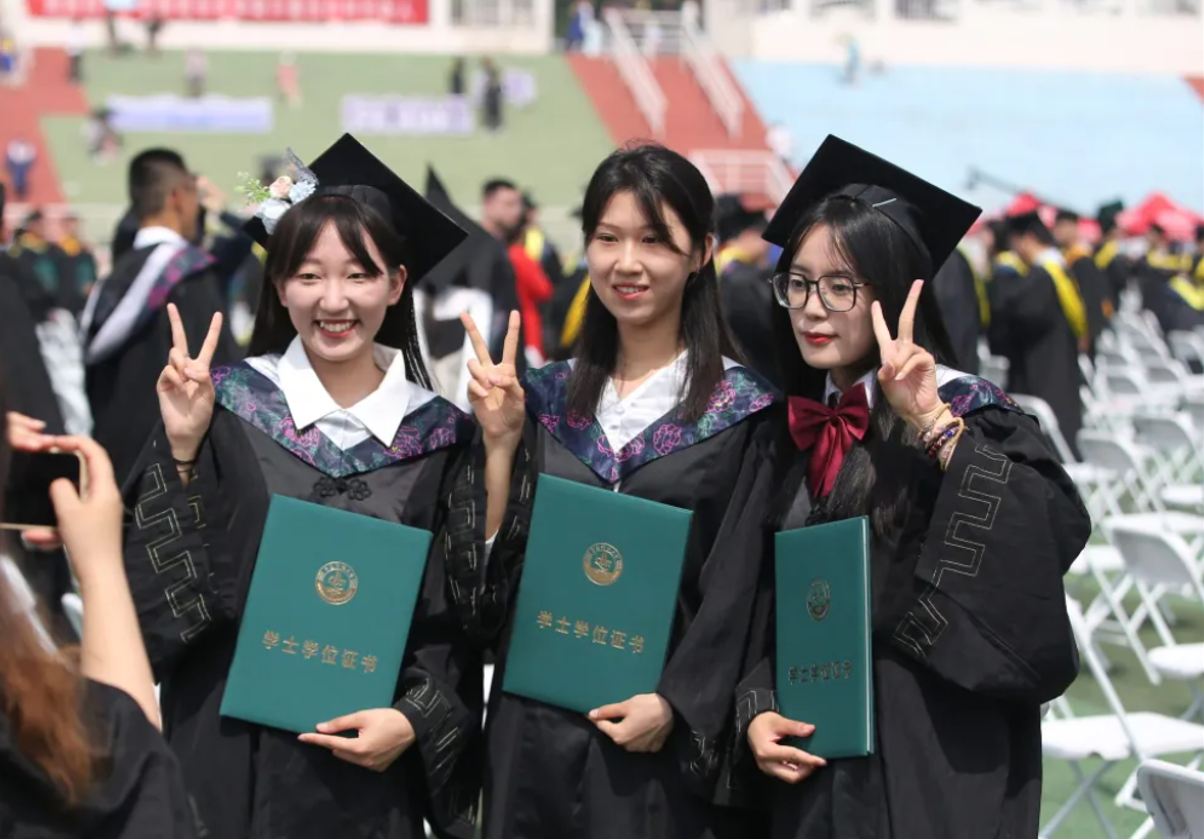
At first, her parents happily indulged their daughter, telling themselves, "You've been studying for many years, it's right to let you rest." As time passed, Than Vu still had no plans for the future. She was picky about her job, refusing one position after another with the reason "not worthy of a doctorate degree."
As the neighbors’ greetings gradually turned into whispers, the atmosphere in the house began to become heavy. “You are a doctor, not a fresh graduate!”, her father shouted in a fit of anger. Her mother simply said, “We are old, we cannot support you forever.”
From a talented and ambitious child, To Than Vu gradually became a girl escaping reality, living in a safe zone created by herself.
Three months change a person
In the third year, the Than Vu family's finances fell into dire straits. The father's contract was terminated while the mother's health declined. The couple made a difficult decision: leave their hometown and go to the city to work, leaving their daughter to fend for herself.
As her parents packed up and left, Shen Yu still clung to her old habits: sleeping in, scrolling through her phone, waiting for a “suitable job.” But the sight of bills piling up or meals being deserted gradually brought her back to reality. The doctor began to shop for herself, learn to cook, and calculate her expenses. She reopened her job applications, edited her CV, and started going to interviews.
After two months of being rejected, she was finally accepted to work at a small startup company. The salary was not high, the work was hard, but for the first time in three years, To Than Vu felt like she had a purpose in life.
Three years after leaving their hometown, Mr. To and his wife returned and were surprised to see their daughter in a neat office outfit. “She was ready to move on,” she said.
Su Shenwu's story is not an isolated case but reflects the situation of many Chinese families today, where children who were once the pride of their education return home with high degrees but struggle to find a way between expectations and reality.
The story of the female doctor after spreading on social networks has raised many conflicting opinions. Many people expressed sympathy, saying that after a long and stressful study journey, taking a break is understandable, especially for young people who have been exhausted both physically and mentally.
However, others believe that staying at home for three years without a specific plan while still living with parents is a sign of lack of initiative and responsibility. “Higher education should not be an excuse to escape reality,” one commenter said.
Some say this is the result of too much pressure placed on young people who excel in their studies when they become the hope of their families but are not fully prepared for the “shock” after graduation, especially in the context of China's saturated and fiercely competitive labor market.
Source: https://vietnamnet.vn/tranh-cai-tien-si-sau-3-nam-tot-nghiep-van-o-nha-an-bam-cha-me-2424983.html




![[Photo] Binh Trieu 1 Bridge has been completed, raised by 1.1m, and will open to traffic at the end of November.](https://vphoto.vietnam.vn/thumb/1200x675/vietnam/resource/IMAGE/2025/10/2/a6549e2a3b5848a1ba76a1ded6141fae)






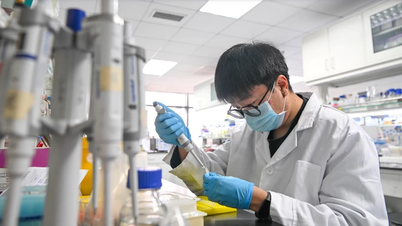






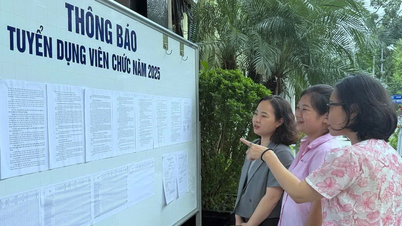

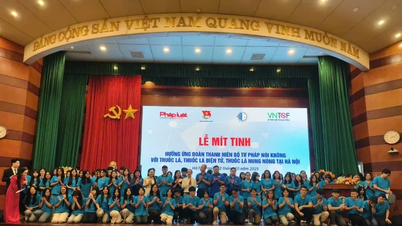


































































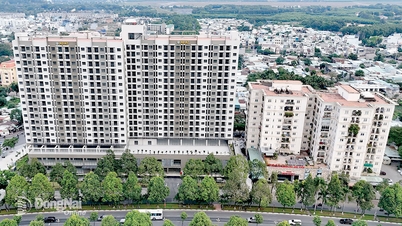
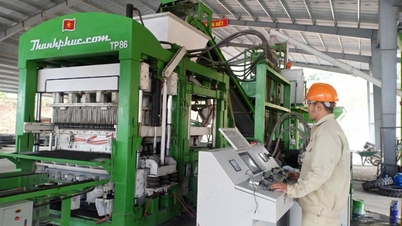













Comment (0)